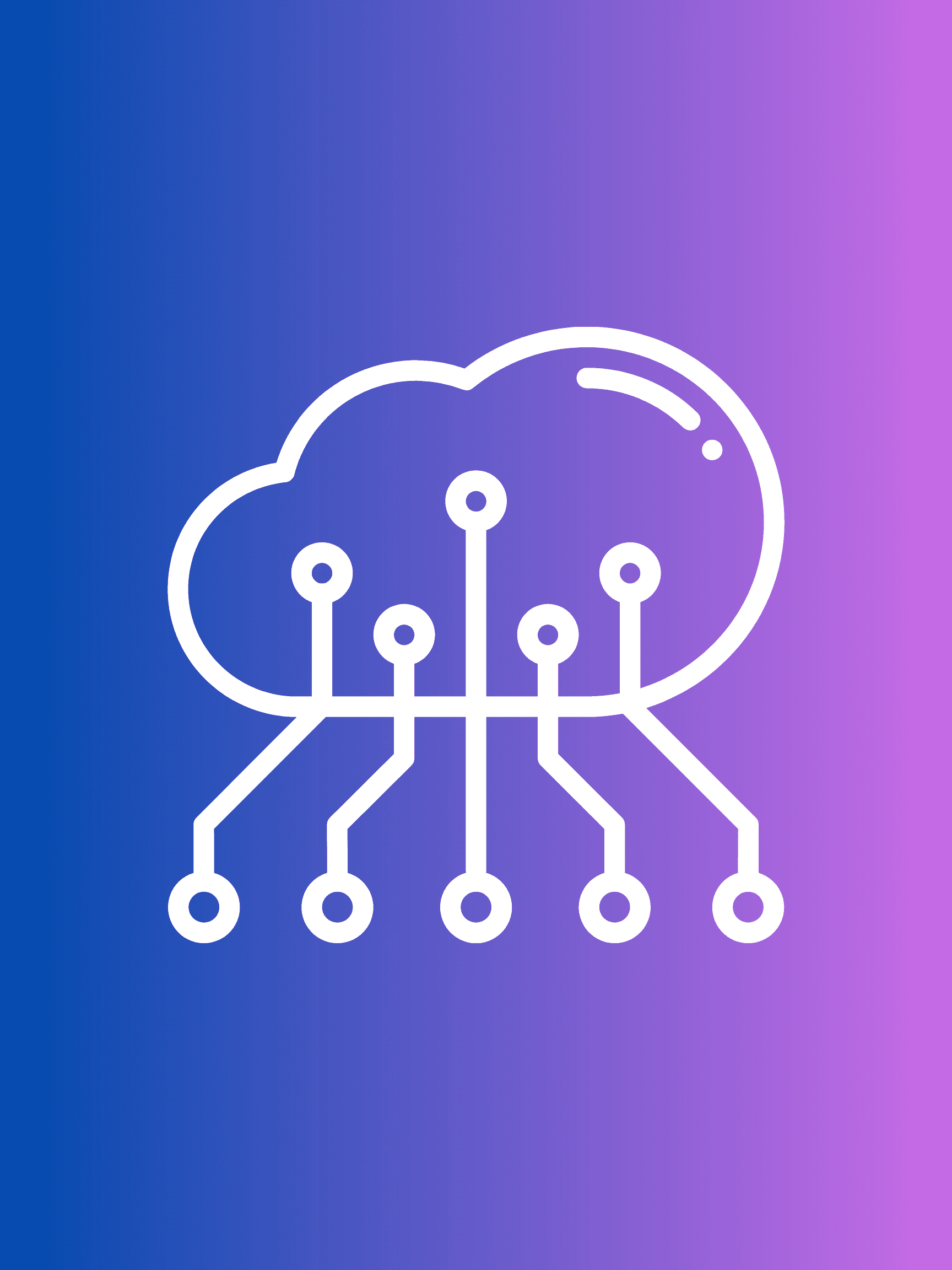Marketing Automation Software
Migrating to One Powerful Tool
While there are clear advantages to migrating all your marketing into one system, it's essential to choose the right system that aligns with your business's specific needs and goals. The implementation and transition process should be well-planned and carefully executed to maximize the benefits of a centralized marketing platform. I've been the owner of several marketing automation platforms and led the adoption and migrations of new systems over the years and I'm here to share what makes a successful launch..

Duration
4 months from initial scope to company-wide launch
Role
Marketing Manager
Team
Collaborated with a team of 12 across sales, engineering, product, and analytics
Key tools
Iterable, Segment, Mandrill MailChimp, Asana for project management, and Slack for team communication
The Challenge
The Customer In Multiple Places
When your company is operating out of multiple systems, it can be challenging to get a clear picture of what your customer is experiencing across multiple teams and products. Fragmented data prevents you from being able to personalize your content to truly resonate with where they are in their journey. At Flyhomes (Mandril MailChimp to Iterable) and Leisure Care (Emma to ActiveDemand), I took on the challenge of migrating their dispersed systems into a centralized platform.
The Journey
Solving the Data Puzzle
Assessment and Audit
Started with a thorough assessment and documentation of the existing lifecycle communications across all systems and partnered with key stakeholders to identify their source and requirements. Found opportunities to add, consolidate and standardize fields to create a uniform data structure.
Data Migration
Assigned a timeline to specific engineers for how and when each communication would transfer to reduce operational disruptions and work within their time constraints. A rigorous testing / QA process takes place before full implementation to identify and rectify any issues or bugs. Estimated volume for each communication was established to set up alerts in case of potential dips or spikes in activity.
Documentation and Training
Post migration processes, data flows, and system configurations are documented for future reference. Team members are trained both individually and as a group for a smooth transition.
The Impact
A Clear Picture of the Customer
With improved and unified customer data we gained deeper insights into their behavior, preferences, and needs. Allowing for personalization and effective marketing campaigns resulting in higher engagement rates and improved down funnel actions directly tied to lifecycle channels.
A stronger marketing foundation isn't the only advantage to consolidating systems. There's significant cost savings / ROI working from one efficient system and the benefit of having comprehensive customer data empowers marketers to make stronger data-driven decisions in the future.
